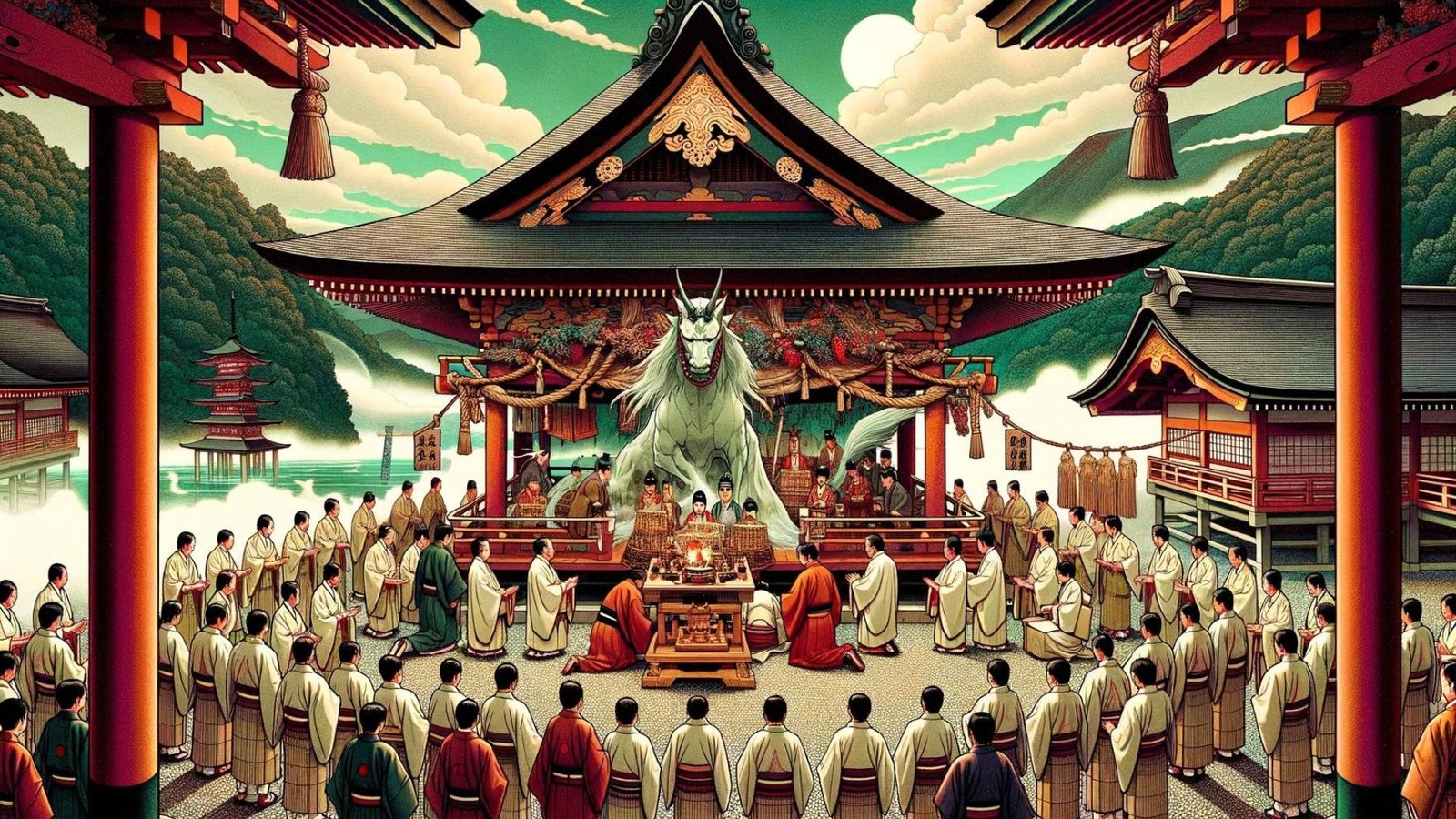Japanese culture has long been a source of fascination for readers and writers around the world. From its rich literary traditions to its unique perspectives on life, death, and the natural world, Japanese literature has left a lasting impact on global storytelling. The interplay between Japanese cultural elements and literary techniques has influenced writers across genres, from magical realism to modern fiction. In this article, we’ll explore the ways in which Japanese culture has shaped global literature, focusing on key themes, narrative styles, and notable works that have inspired writers internationally.

Zen Buddhism and Spirituality
One of the most profound influences of Japanese culture on global literature is the concept of Zen Buddhism, particularly its emphasis on mindfulness, simplicity, and the acceptance of impermanence. These themes have permeated various works of literature, inviting readers to explore deep spiritual insights and introspection.
Key Impact:
- Minimalism in Writing: Zen’s emphasis on simplicity and directness has influenced writers to adopt minimalist writing styles. The clarity and economy of words often found in Japanese literature can be seen in the works of authors like Haruki Murakami and Yasunari Kawabata, whose sparse prose conveys profound emotional depth.
- Existential Themes: The Zen philosophy of impermanence and acceptance of life’s transient nature has inspired writers worldwide, especially those in the existential tradition. The influence of Zen can be felt in writers such as Franz Kafka and Albert Camus, whose works explore the nature of existence and personal consciousness.
Example Work:
- “The Sound of Waves” by Yukio Mishima: This novel is a perfect example of how Zen-inspired themes of nature, purity, and transience are reflected in Japanese literature. Mishima’s ability to blend spiritual themes with personal relationships resonates deeply with readers outside Japan.
Nature and the Sublime
Japanese literature has a long history of focusing on the natural world, often emphasizing the beauty and spirituality of nature. The Japanese concept of wabi-sabi, which appreciates the beauty in imperfection and transience, has also played a crucial role in shaping literary representations of nature in global literature.
Key Impact:
- Connection to Nature: The Japanese appreciation for nature is apparent in global literary traditions, especially in writers’ treatment of landscapes, seasons, and the environment. The idea that nature is an integral part of human existence has influenced writers like Walt Whitman, Virginia Woolf, and Hermann Hesse, who incorporate natural elements to convey universal human experiences.
Example Work:
- “The Tale of Genji” by Murasaki Shikibu: Often regarded as the world’s first novel, this classic of Japanese literature intricately intertwines nature with human emotion, setting a precedent for how the environment shapes personal and emotional experiences in storytelling.
Japanese Aesthetics in Global Literature
The Japanese aesthetic of Mono no Aware (the awareness of the impermanence of things) has influenced global literature through its emphasis on emotional resonance and the acceptance of fleeting beauty. In many ways, Japanese aesthetic sensibilities have shaped writers’ approaches to life, love, and loss.
Example Work:
- “Snow Country” by Yasunari Kawabata: This novel is a perfect example of how Japanese literary tradition conveys emotional depth through natural imagery. Kawabata’s slow, almost meditative prose captures the melancholic beauty of life, drawing readers into a sensory world.
Conclusion
The influence of Japanese culture on global literature is vast and multifaceted, shaping narrative techniques, themes, and even entire genres of fiction. From the spiritual depth of Zen Buddhism to the embrace of nature and the supernatural, Japanese writers have contributed a unique worldview that resonates worldwide. Whether through the minimalist writing of Haruki Murakami, the existential themes in Natsume Sōseki’s works, or the blending of mythology and fantasy in contemporary fiction, Japanese culture continues to inspire and enrich global literary traditions. Writers and readers across the world benefit from the exchange of ideas between cultures, creating a more diverse and dynamic literary landscape.











